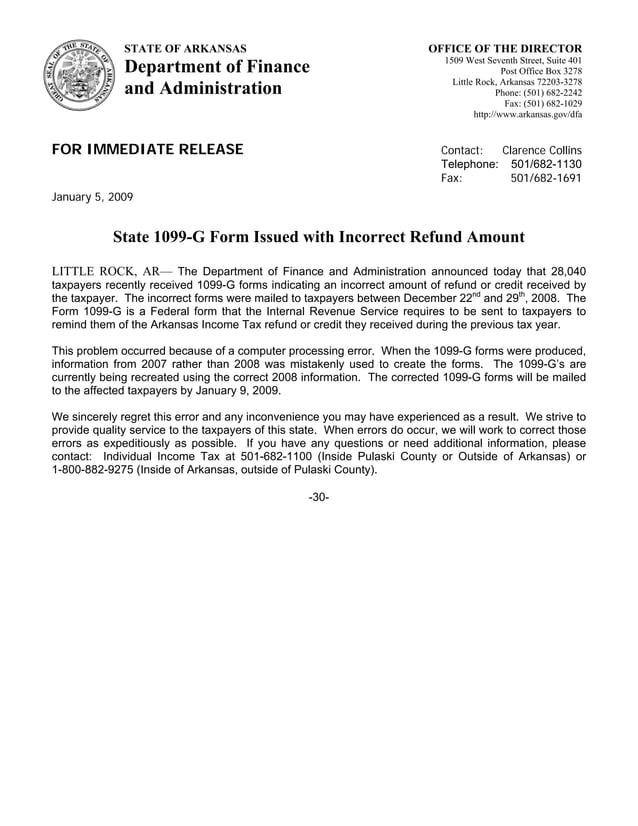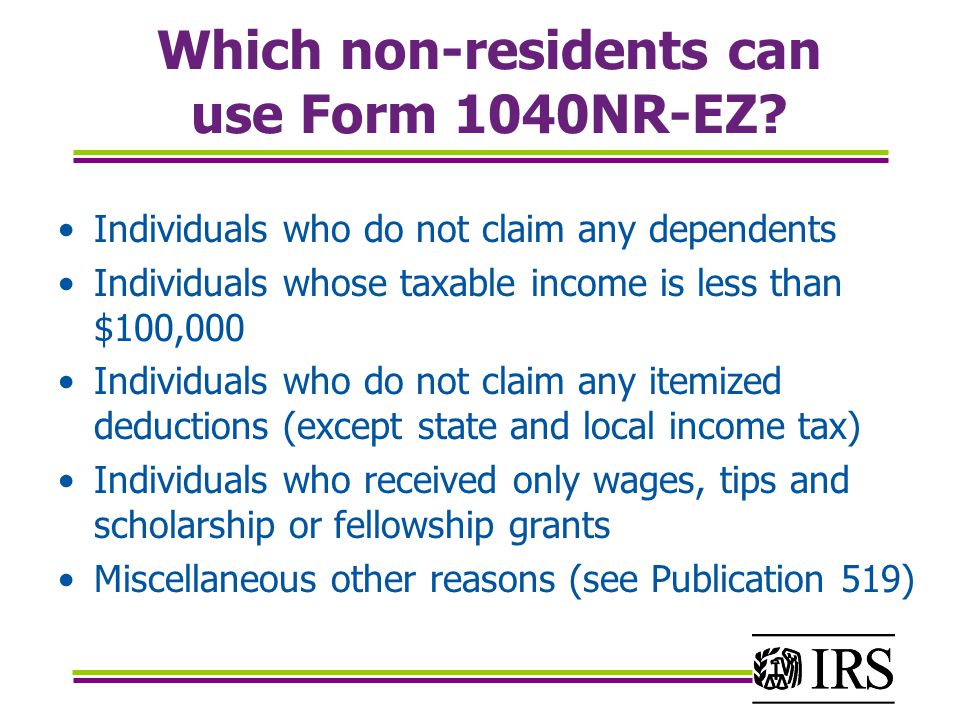Receiving a taxable state refund can be both a relief and a challenge when it comes to understanding its implications for your taxes. Form 1099-G plays a crucial role in reporting certain government payments, including state tax refunds. This document is not just a form to file away; it's a critical piece of information that affects your federal tax return. If you've received a state tax refund, it's essential to understand how it impacts your taxable income and what steps you need to take to ensure compliance with federal tax regulations.
Many taxpayers are often unaware of the nuances surrounding Form 1099-G and its connection to taxable state refunds. This form is issued by state governments to inform taxpayers and the IRS about payments made, including unemployment compensation and state tax refunds. Understanding the details of your taxable state refund can help you avoid potential penalties and ensure accurate reporting on your federal tax return.
As tax season approaches, it's vital to have a clear understanding of how your taxable state refund is reported on Form 1099-G. This guide will provide you with comprehensive insights into the process, helping you navigate the complexities of tax reporting and ensuring you're well-prepared for any questions or concerns that may arise during tax filing.
Read also:Unleashing The Power Within The Fascinating World Of Werewolf Muscular
What Is a Taxable State Refund?
A taxable state refund refers to the amount of money you receive back from a state government after overpaying your state taxes during the previous year. While it might seem counterintuitive that receiving money back could be taxable, the IRS considers this refund as part of your gross income if you itemized deductions in the previous year. Understanding the intricacies of this refund is essential for accurate tax reporting.
How Does Form 1099-G Relate to Taxable State Refunds?
Form 1099-G is used to report certain types of income from government payments, including unemployment compensation and state tax refunds. If you received a taxable state refund, you should expect to receive this form from your state government. It details the amount of your refund and provides necessary information for reporting it on your federal tax return. This form is crucial for ensuring that you accurately report your income and avoid potential penalties.
Why Is It Important to Understand Your Taxable State Refund?
Understanding your taxable state refund is vital for several reasons. First, it helps you avoid underreporting your income, which could lead to penalties and interest charges. Second, it ensures that you're taking full advantage of any deductions or credits you may qualify for. By comprehending the details of your refund and how it's reported on Form 1099-G, you can make informed decisions about your tax strategy.
What Steps Should You Take After Receiving Form 1099-G?
Once you've received Form 1099-G, there are several steps you should take to ensure accurate reporting of your taxable state refund. Start by reviewing the form carefully to confirm the accuracy of the reported amounts. Next, compare the information on the form with your own records to ensure consistency. Finally, consult with a tax professional if you have any questions or concerns about how to report your refund.
Can You Deduct State Taxes After Receiving a Taxable State Refund?
One common question taxpayers have is whether they can still deduct state taxes after receiving a taxable state refund. The answer depends on how you claimed your deductions in the previous year. If you itemized deductions, you may need to include part of your refund as income on your federal tax return. However, if you took the standard deduction, your refund won't affect your federal tax liability.
Is the Entire Taxable State Refund Reported on Form 1099-G Taxable?
Not necessarily. The amount reported on Form 1099-G represents the total state tax refund you received, but only a portion of it may be taxable. This depends on whether you itemized deductions in the previous year and the amount of state taxes you paid. Carefully review the instructions provided with Form 1099-G and consult the IRS guidelines to determine the taxable portion of your refund.
Read also:Discover The Best Union Grill A Complete Guide To Enjoying The Ultimate Dining Experience
How Do You Report a Taxable State Refund on Your Federal Tax Return?
Reporting a taxable state refund on your federal tax return involves a few key steps. Begin by locating the amount reported on Form 1099-G and entering it on the appropriate line of your federal tax form. Then, calculate the taxable portion of your refund based on your previous year's tax filings. Finally, report this amount as additional income on your federal tax return, ensuring all calculations are accurate and consistent with your records.
What Happens If You Don't Report Your Taxable State Refund?
Failing to report your taxable state refund can result in penalties and interest charges from the IRS. The agency uses information from Form 1099-G to verify the accuracy of your tax return. If discrepancies are found, you may receive a notice requesting additional information or payment. To avoid these complications, it's crucial to report your refund accurately and timely.
When Should You Contact a Tax Professional About Your Taxable State Refund?
If you're unsure about how to report your taxable state refund or have questions about Form 1099-G, it's wise to consult a tax professional. They can provide guidance tailored to your specific situation and help ensure compliance with tax regulations. Additionally, a tax professional can assist with complex scenarios, such as amending previous tax returns or resolving discrepancies with the IRS.
What Are Common Misconceptions About Taxable State Refunds?
Many misconceptions surround taxable state refunds and their reporting requirements. One common belief is that all state tax refunds are non-taxable, which isn't true if you itemized deductions in the previous year. Another misconception is that the amount reported on Form 1099-G is always taxable, which depends on various factors. Understanding these nuances can help you avoid common pitfalls and ensure accurate tax reporting.
How Can You Minimize the Tax Impact of a Taxable State Refund?
Minimizing the tax impact of a taxable state refund involves careful planning and strategic decision-making. Consider adjusting your withholding or estimated tax payments to account for the additional income. Additionally, explore potential deductions or credits that could offset the taxable portion of your refund. Consulting a tax professional can also provide valuable insights into reducing your tax liability.
What Should You Do If You Disagree with the Amount on Your Form 1099-G?
If you believe the amount reported on your Form 1099-G is incorrect, it's important to address the issue promptly. Contact the issuing agency to request a corrected form and provide documentation supporting your claim. Keep detailed records of all communications and adjustments to ensure you have a clear paper trail. Resolving discrepancies early can prevent complications during tax filing.
Conclusion: Staying Informed About Your Taxable State Refund
Understanding your taxable state refund and its connection to Form 1099-G is essential for accurate tax reporting and compliance with federal regulations. By staying informed and taking proactive steps, you can ensure that your refund is reported correctly and avoid potential penalties. Remember, if you have questions or concerns, don't hesitate to seek guidance from a tax professional to navigate the complexities of tax reporting.
Table of Contents
- What Is a Taxable State Refund?
- How Does Form 1099-G Relate to Taxable State Refunds?
- Why Is It Important to Understand Your Taxable State Refund?
- What Steps Should You Take After Receiving Form 1099-G?
- Can You Deduct State Taxes After Receiving a Taxable State Refund?
- Is the Entire Taxable State Refund Reported on Form 1099-G Taxable?
- How Do You Report a Taxable State Refund on Your Federal Tax Return?
- What Happens If You Don't Report Your Taxable State Refund?
- When Should You Contact a Tax Professional About Your Taxable State Refund?
- What Are Common Misconceptions About Taxable State Refunds?


